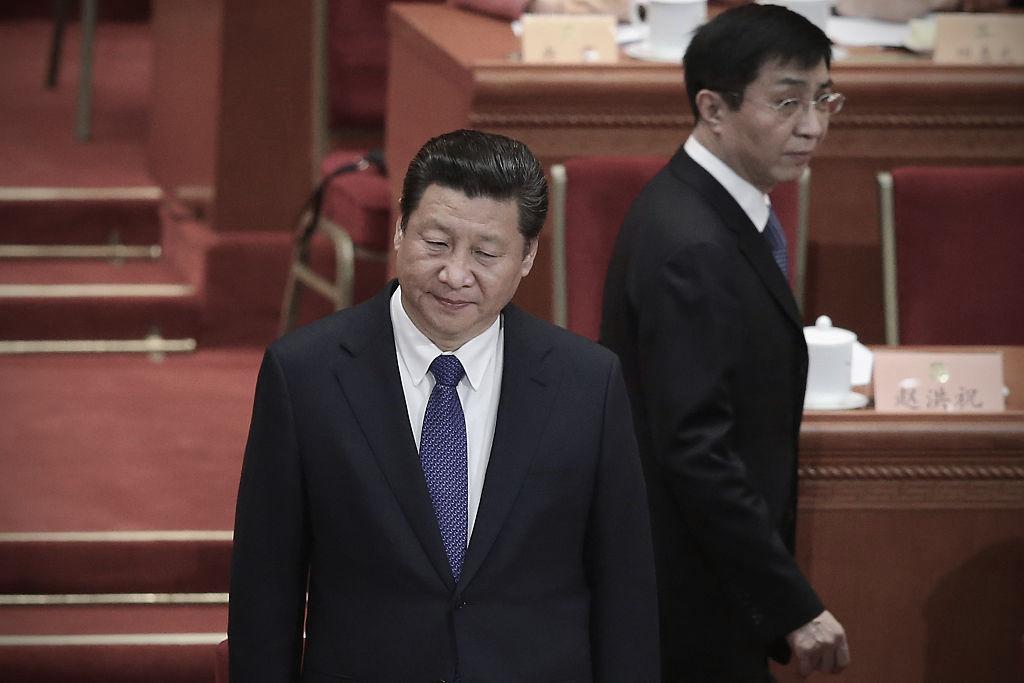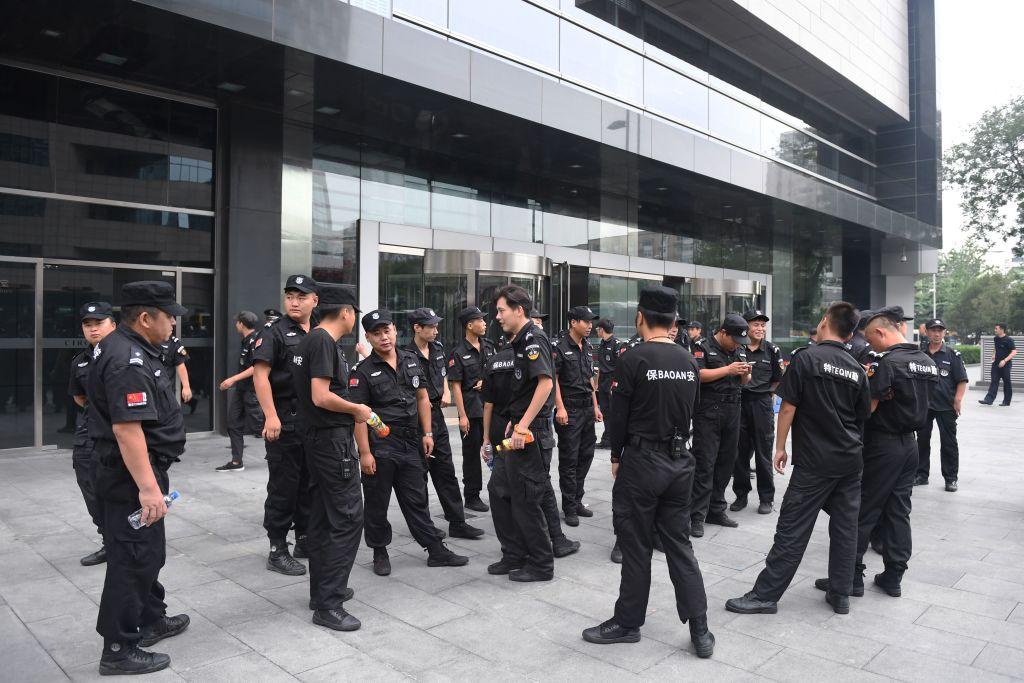Japanese public opinion of the Chinese Communist Party (CCP) continues to deteriorate as tensions caused by China’s new Coast Guard Law intensify.
According to the results of a public opinion survey released by the Japanese Cabinet Office in February, 81.8 percent of the respondents thought that the current relationship between Japan and China was “not good” and 77.3 percent did not feel good about China, Kyodo News reported.




